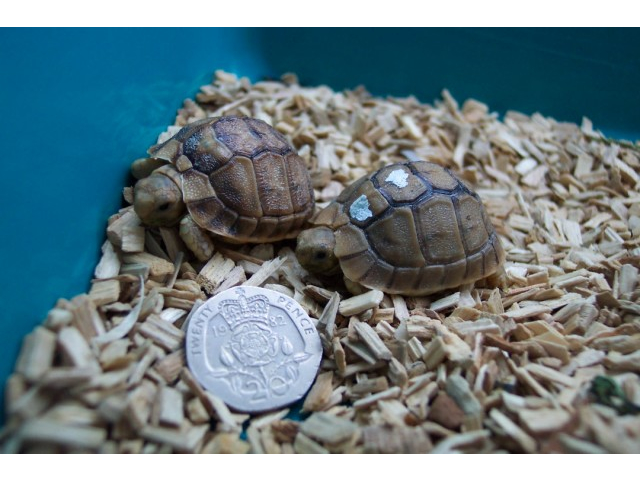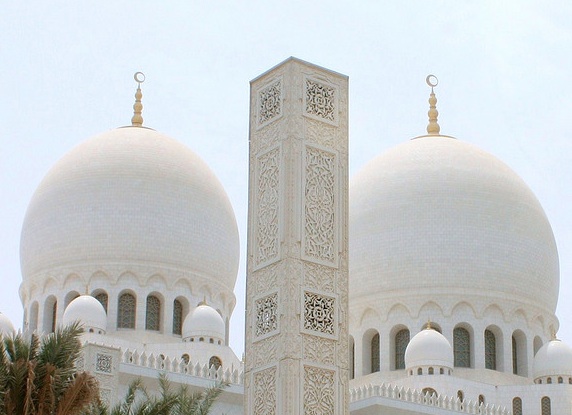 These tiny Egyptian Tortoises are a hot commodity among illegal wildlife traders. They are also facing extinction in the wild as a result.
These tiny Egyptian Tortoises are a hot commodity among illegal wildlife traders. They are also facing extinction in the wild as a result.
Fantapants is a “postaholic member” of a reptile forum in the United Kingdom. In January 2008, when gold star member Jay Kickboxer asked where he could buy an Egyptian Tortoise for his “missus” who likes “small things,” Fantapants answered, “they are rarer than rockin horse poo smeared on to chicken lips.”
He then posted a link to Dean Clackett’s 2006 online advertisement which offered “Egyptian Tortoises (testudo kleinmanni) – North Africa’s smallest tortoise – for only £1,100 (or $1,718 using today’s exchange rate.) Meanwhile, the tortoises, which don’t grow much larger than an orange and once plied North Africa’s harsh Scrub forest and desert en masse, are rarely found in the wild.
Almasry Alyoum recently documented the Egyptian Tortoises’ threatened existence in their home country and in Libya, where 99 percent of the world’s illegally traded Egyptian Tortoises are now sourced.
After a 1994 survey conducted by Sherif Baha el-Din failed to turn up any tiny tortoises in Egypt, they were thought to have gone extinct. But in 2000, a Bedouin discovered one lonely reptile slowly traversing northern Sinai’s dunes without a mate. It was then that about 70-100 additional tortoises were discovered in the Zaranik Protectorate.
But wildlife conservationists at the Bristol Zoo fear that Egypt’s small population could face total extinction within the next two decades if measures are not taken to better protect them.
Despite being legally protected by the Convention on International Trade in Endangered Species of Wild Fauna and Flora (CITES) and listed as Critically Endangered on the International Union for Conservation of Nature (IUCN) Red List of Threatened Animals, illegal wildlife trafficking continues apace, government enforcement is scant, and human development has engulfed their natural habitat.
An ecologist, Baha el-Din told Almasry Alyoum that this species of tortoise is particularly sensitive to habitat disruption and that “even slight variations in temperature, vegetation and ground cover can seriously affect it.” It is also slow to mature, produces few offspring, and lives up to 50 years.
In 2001 National Geographic described Baha el-Din’s herculean efforts to keep testudo kleinmanni alive with a rooftop breeding program in Cairo, but experts suggest that these animals don’t stand a chance of surviving unless they are protected in the wild.


